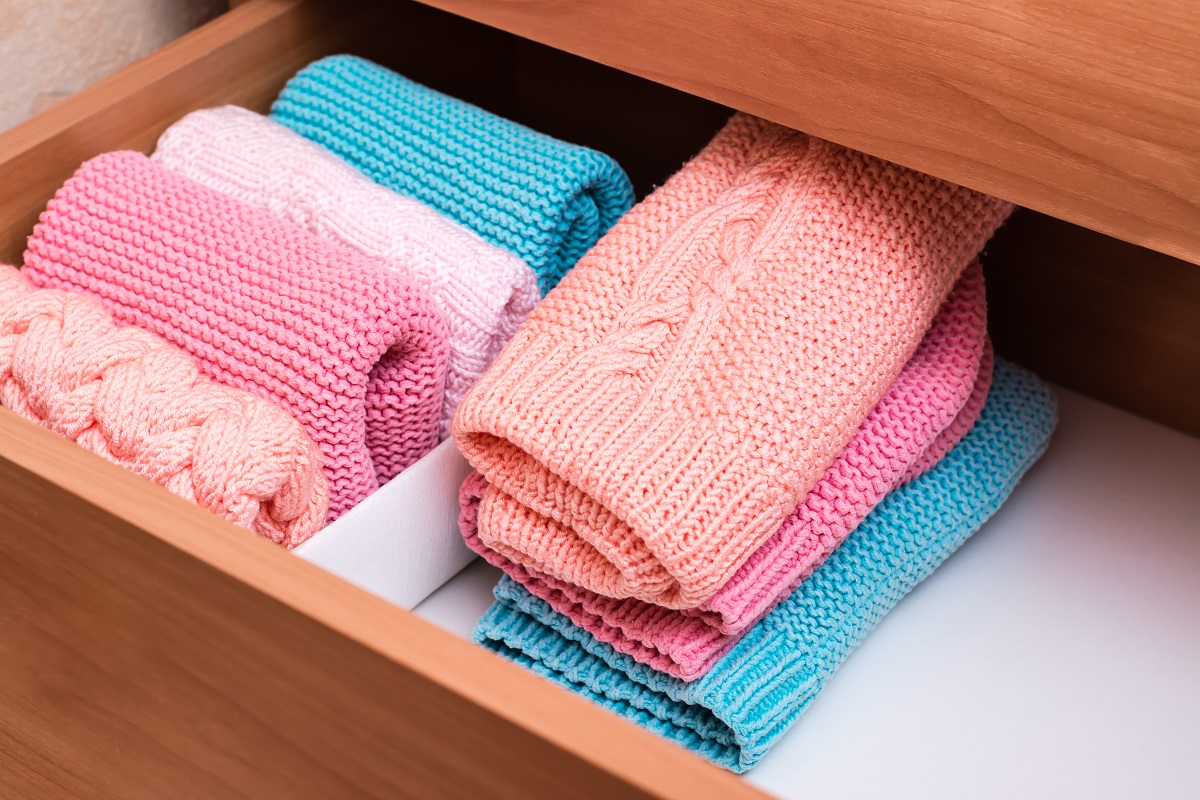- The leading cause of the common cold is the highly contagious rhinovirus, which can be spread through contact with an infected person or object.
- Close contact between family members and other factors, such as weak immune systems and environmental factors, may increase the risk of getting colds.
- Preventive measures include maintaining high hygiene standards, boosting the immune system, avoiding allergens, and wearing warm clothes in winter.
- Keeping clothes clean and hiring a local laundry service can reduce the spread of the virus.
The common cold is one of the most frequently occurring viral infections globally. It is highly contagious, and anybody can catch it. Though it is not a severe disease, it can be uncomfortable and disrupt your life. If your family keeps getting colds, it is essential to know why. Here’s the common virus responsible for colds, why it might be transmitted in your family, and how to prevent it.
The Rhinovirus: What You Need to Know
The leading cause of the common cold is the rhinovirus, a highly contagious virus. It can be spread through contact with an infected person or something they have touched, such as surfaces or objects like toys, doorknobs, and cell phones. The virus can live on fabrics for up to a few hours and survive in the heat or cold. Here are reasons why your family keeps getting this virus which can lead to colds.
Close Contact
As a family, it is not uncommon for family members to be in close contact with each other daily. This may include meal times, game nights, and even while sleeping. Close contact can increase the risk of contracting and spreading germs. Hence, it is crucial to ensure that you maintain high standards of hygiene to prevent the spread of the virus. Washing your hands regularly, blowing your nose with a disposable tissue, and frequently cleaning surfaces are some preventive measures to take.
Weak Immune System
Sometimes your body’s immune response may not be strong enough to fight the virus. Various factors, such as stress, poor nutrition, and lack of sleep, can weaken the immune system. Getting sufficient rest, eating a balanced diet, and exercising regularly can help boost your immune system. Additionally, taking over-the-counter immune boosters such as Vitamin C supplements can be helpful.
Environmental Factors
Environmental factors such as smoke, dust, and pollution can interfere with the immune system and increase the risk of catching a cold. Airborne allergens such as pollen, molds, and animal fur can also trigger an allergic reaction leading to cold-like symptoms. Ensuring that your home and workspace are allergens-free and proper ventilation can help reduce the risk of contracting a cold.
Poor Hygiene
Poor hygiene practices such as touching your face and mouth frequently, not washing your hands, or washing them improperly can increase the risk of contracting a cold. Ensure that family members follow correct hygiene practices to prevent the spread of germs. Teaching kids proper hygiene habits from an early age is essential to prevent the spread of the cold virus.
Seasonal Changes
Seasonal changes, especially during winter, can increase the risk of contracting a cold. The cold virus thrives in cold and dry environments. Hence, during the winter months, when spaces are usually heated, the air tends to be drier, allowing the cold virus to proliferate. Wearing warm clothes and humidifying your home can help reduce the risk of contracting a cold.
How to Prevent Colds
There are various ways you can prevent colds. Here are four ways you can do so:
Keep Your Clothes Clean
As stated, the rhinovirus can survive on fabrics for a few hours. Hence, keeping your clothes clean and washing them regularly can reduce the risk of spreading the virus. If you don’t have time, consider hiring a local laundry pickup and delivery service. They have the necessary equipment and expertise to do a thorough job.
Boost Your Immune System
A healthy lifestyle is necessary to boost the immune system and prevent colds. Eating a balanced diet, exercising regularly, and getting enough sleep can help strengthen your body’s defense systems and reduce the risk of contracting viruses.
Practice Good Hygiene
Practicing good hygiene is the best way to prevent the spread of colds. It’s essential to cover your mouth when you sneeze or cough, and avoiding contact with infected individuals and objects is essential practice. Also, consider buying hand sanitizers for every family member and keeping them in their bags or backpacks.
Vaccinate Yourself
Finally, vaccination is an excellent way to protect yourself from viral infections like the common cold virus. Vaccines are available for adults and children to protect against many illnesses and diseases.
The common cold is a highly contagious virus that can be difficult to prevent in families. However, understanding why family members keep catching colds and following the above tips can help reduce the risk of contracting the virus. Stay healthy!


